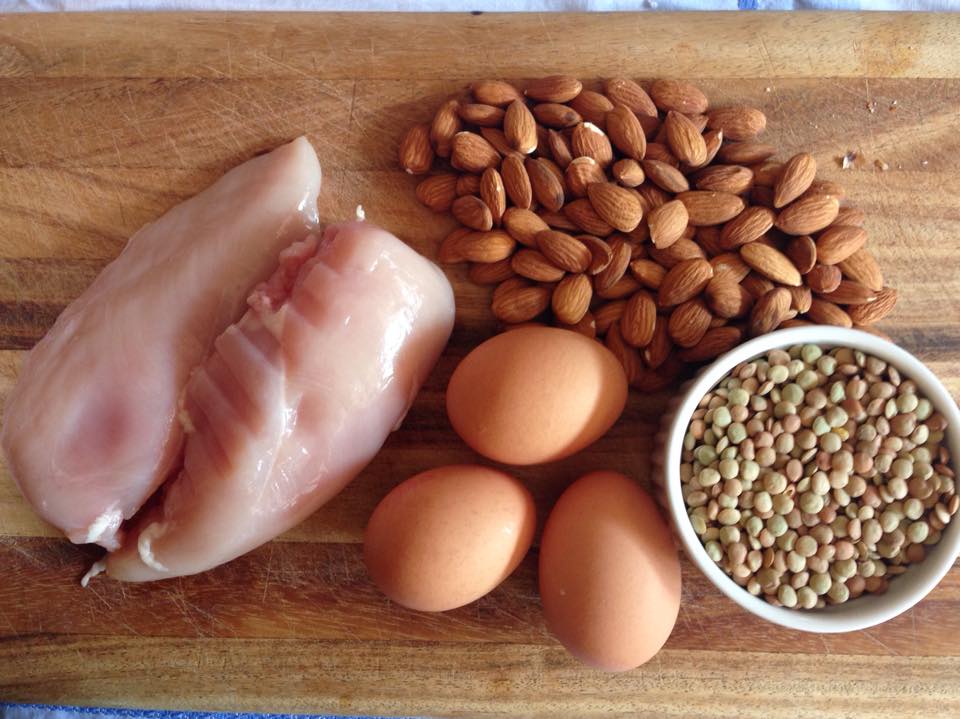Muscle Recovery 101: The Role of Nutrition in Athletic Regeneration
Being an athlete, I've long been intrigued by the science of muscle recovery and the critical role nutrition plays in it. Having a grasp of the fundamentals of muscle recovery can greatly improve your athletic performance and overall health. If you want to take your performance to the next level, you can also consider visit a sports podiatrist.
In this comprehensive guide, we'll explore the key aspects of muscle recovery and how nutrition can optimize this vital process.
Introduction to Muscle Recovery
After intense physical activity, your muscles undergo stress and damage, leading to muscle soreness and fatigue. Muscle recovery is the body's natural process of repairing and rebuilding these muscles, allowing them to grow stronger and more resilient. Proper nutrition plays a pivotal role in supporting this process, providing the essential nutrients needed for optimal recovery.
The Importance of Protein
Protein is often referred to as the building block of muscles and for a good reason. It is made up of amino acids, which are essential for muscle repair and growth. Consuming an adequate amount of protein post-exercise is crucial for maximizing muscle recovery.
Lean sources of protein such as chicken, fish, eggs, and legumes are excellent choices for athletes looking to enhance their recovery process. Additionally, protein shakes or supplements can be beneficial, especially for those who struggle to meet their protein needs through diet alone.
Carbohydrates for Energy Replenishment
Carbohydrates are the body's primary source of energy, making them essential for replenishing glycogen stores after a workout. Glycogen is a form of glucose stored in muscles and the liver, which is depleted during exercise.
Including complex carbohydrates such as whole grains, fruits, and vegetables in your post-workout meal can help replenish glycogen stores and provide a steady source of energy for your muscles. This is particularly important for athletes engaging in prolonged or intense exercise sessions.
The Role of Fats
While often demonized, fats play a crucial role in the body, especially for athletes. Healthy fats, such as those found in avocados, nuts, seeds, and olive oil, are essential for hormone production and the absorption of fat-soluble vitamins.
Including a moderate amount of healthy fats in your diet can support overall health and aid in muscle recovery. However, it's essential to avoid excessive consumption of unhealthy fats, such as trans fats found in processed foods, as they can have detrimental effects on your health and athletic performance.
Hydration and Muscle Recovery
Proper hydration is often overlooked but is crucial for optimal muscle recovery. Water plays a vital role in nutrient transport, waste removal, and maintaining muscle function. Dehydration can impair muscle recovery and performance, so it's essential to drink an adequate amount of water throughout the day, especially before and after exercise.
Key Nutrients for Muscle Recovery
In addition to protein, carbohydrates, and fats, several key nutrients play a crucial role in supporting muscle recovery. These include:
- Omega-3 fatty acids: Found in fatty fish like salmon and in flaxseeds and walnuts, omega-3s can reduce inflammation and promote muscle recovery.
- Vitamin D: Essential for muscle function and repair, vitamin D can be obtained from sunlight exposure and dietary sources such as fortified foods and supplements.
- Antioxidants: Found in fruits, vegetables, and nuts, antioxidants can help reduce oxidative stress and inflammation, promoting faster muscle recovery.
- Magnesium: Important for muscle function and relaxation, magnesium can be found in nuts, seeds, and leafy green vegetables.
Conclusion
In conclusion, proper nutrition plays a vital role in supporting muscle recovery and optimizing athletic performance. By focusing on consuming a balanced diet rich in protein, carbohydrates, healthy fats, and key nutrients, you can enhance your recovery process and achieve your fitness goals more effectively.
Remember to stay hydrated and listen to your body's signals to ensure you're providing it with the nutrients it needs to recover and thrive.




Comments
Post a Comment